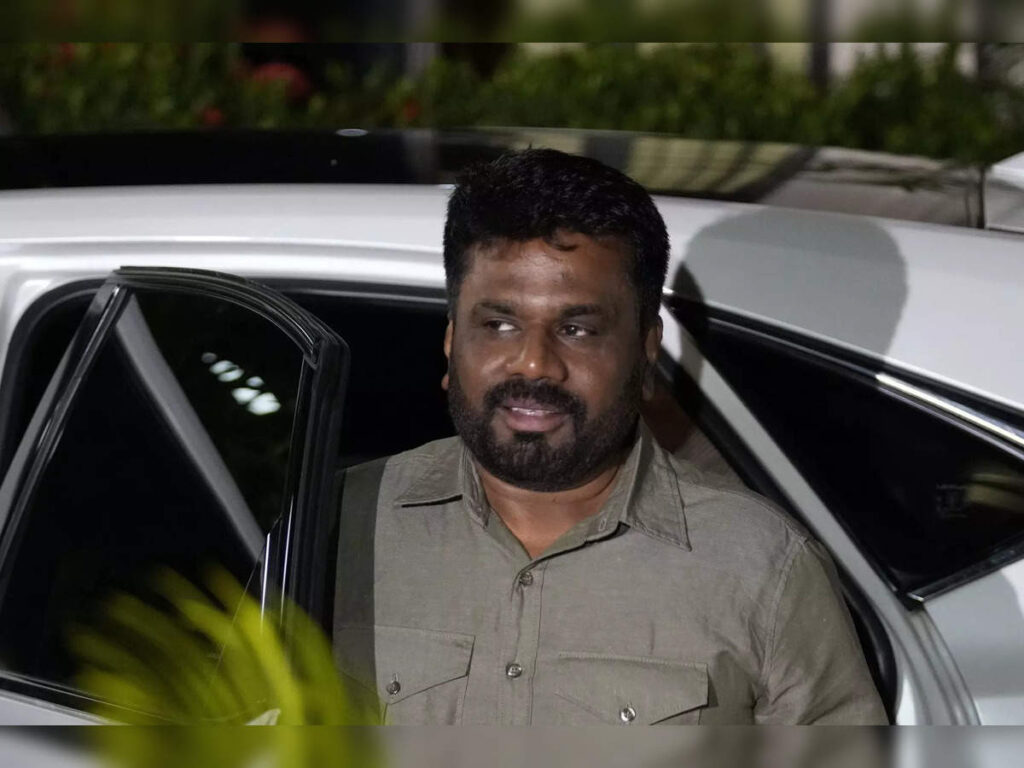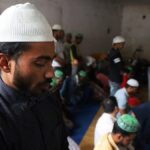On November 14 this year, Sri Lanka will witness voting to elect a new parliament. In September, left-leaning Anura Kumara Dissanayake of the People’s Liberation Front, or Janatha Vimukthi Peramuna (JVP), won the presidential election. JVP is part of a 21-party alliance, the National People’s Power (NPP), established in 2019. When Dissanayake was elected President, the NPP had only three members in the 225-member Parliament.
During his election campaign, Dissanayake promised to dissolve Parliament and hold a new election as soon as he became the president. True to his words, he dissolved the Parliament on September 24, soon after he was sworn in as the president. On November 14, the strategically-located island nation in the Indian Ocean will hold elections to elect members of the new Parliament.
The election is expected to reflect the changes on the ground. An unmistakable take away from the last presidential election is that people have rejected old parties and their leaders. The election is expected to throw up more NPP members in the Parliament. It will allow the Sri Lankan President to include more ministers in his government and pursue policies confidently, as the new Parliament will have more members of his party and alliance to back his policies.
Dissanayake’s nearest rival in the last presidential election was Sajith Premdasa of Samagi Jana Balawegaya (SJB). The victory of Dissanayake and Premdasa finishing second place in the Presidential race meant that the Rajapaksa family and the political heavyweight Ranil Wickremesinghe, the outgoing president, were no longer acceptable to the people.
It’s a new era in Sri Lanka politics. Tamil separatists under the Liberation Tiger of Tamil Eelam (LTTE) headed by Prabhakaran were finished long ago. Sri Lankan politicians, mainly the Rajapaksa family, who oversaw the ruthless elimination of the LTTE, are now politically unacceptable and irrelevant. There is no particular issue, other than a disenchantment with the old parties and politicians, that’s going to influence the voting.
Meanwhile, Sri Lanka remains a destination of interest among major powers. In the latest, the Sri Lanka Navy ceremonially received the Indian Navy’s Kalvari class submarine INS Vela as it docks in Colombo.
In a press note published in local media, India’s High Commission in Colombo said the Indian Navy submarine INS Vela arrived in Colombo on November 10 on a three-day visit. The visit is classified as an Operational Turn Around (OTR), where the submarine will replenish provisions. In another development, the Russian embassy in Colombo issued a press release to say that reports published in a local media outlet that Sri Lanka’s application to join BRICS has been rejected, are not correct.
“The embassy would like to highlight that Sri Lanka has applied to join BRICS. The Russian BRICS chairman welcomed Sri Lanka’s interest. Its application will be considered by BRICS in due course in full consultation and consensus along with bids of numerous other countries who have also applied. The local media reports that Sri Lanka’s application has been rejected are wrong,” the Russian embassy said.
Regarding tourism, Sri Lanka is back to being everyone’s choice. At the 23rd Annual Wanderlust Reader Travel Awards, Sri Lanka was judged the “Most Desirable Island in the World.”
The travel magazine “Wanderlust” said that Sri Lanka has risen from last year’s eighth place to take Gold in one of the most thrilling turnarounds. “Known as the ‘Pearl of the Indian Ocean’, the nation’s history comes to life through spectacular monuments such as Sigiriya Rock, the cave temples of Dambulla and the ancient ruins of Anuradhapura and Polonnaruwa,” the citation read.
“Elsewhere, its leopard-filled national parks and the jungle-fringed beaches of Tangalle and Trincomalee show off the island’s natural side. But, more recently, it’s the tea plantations and lush highlands of the centre that have caught the eye, with the fresh addition of the Pekoe Trail offering an exciting new way to explore Sri Lanka’s green heart.”
UK’s Daily Mail notes in a report that Sri Lanka has introduced a new sustainable tourism strategy to capture the UK market. At the World Travel Market (WTM) 2024 in London, Sri Lanka introduced a fresh sustainability-driven strategy to enhance visitor engagement while preserving the island’s rich natural and cultural resources.
At the WTM, Buddhika Herwawasam, Chair of the Sri Lanka Tourism Promotion Bureau, said international arrivals bounced back in 2024 after several years of political and economic instability.
“In 2018, we achieved 2.3 million tourists, and this year, we will definitely pass the two million mark,” he explained.
With the successful parliamentary elections on November 14, the country will be on track to progress and prosperity. (IPA Service)

 Are The Indian Muslims Taking Their Destiny In Their Own Hands Now?
Are The Indian Muslims Taking Their Destiny In Their Own Hands Now? 